The Maghreb region, with an estimated population of over 100 million people, has been an interesting geographical region for key global players due to its tremendous untapped natural resources. Algeria, Libya, Mauritania, Morocco, and Tunisia
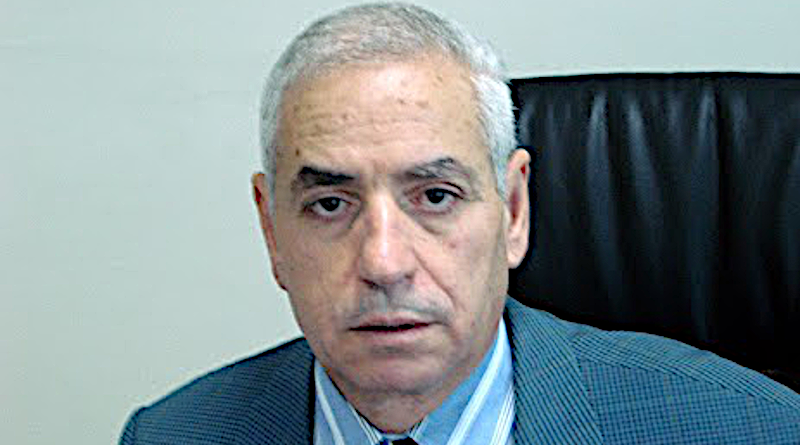

The Maghreb region, with an estimated population of over 100 million people, has been an interesting geographical region for key global players due to its tremendous untapped natural resources. Algeria, Libya, Mauritania, Morocco, and Tunisia
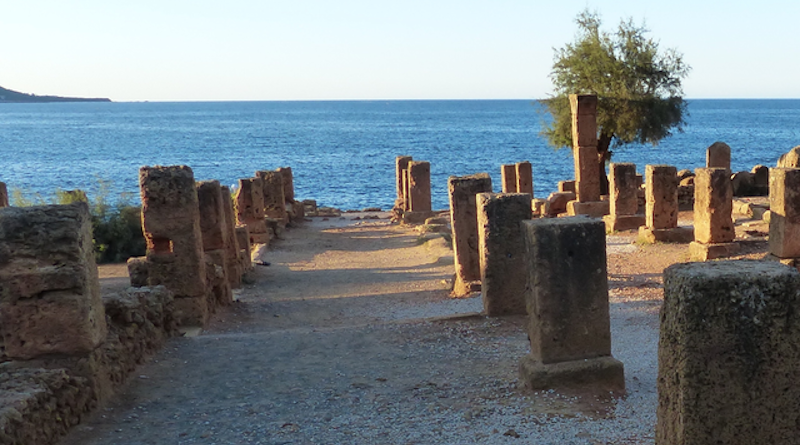
Heritage of Outstanding and Universal Value located along the African coast is at risk from climate change. A global team of climate risk and heritage experts, where Dr Nicholas Simpson from the University of Cape
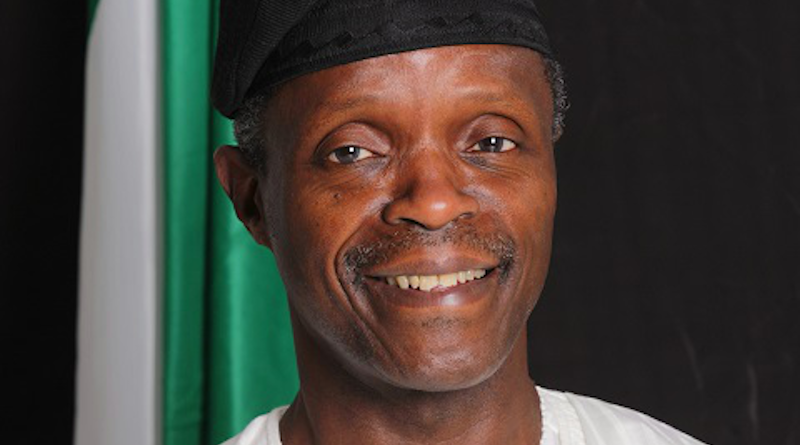
The recent publication and launch of My Participations, an autobiography of former governor of Osun State, Chief Bisi Akande opened a can of worms as it relates to the intrigues that attended the choice of
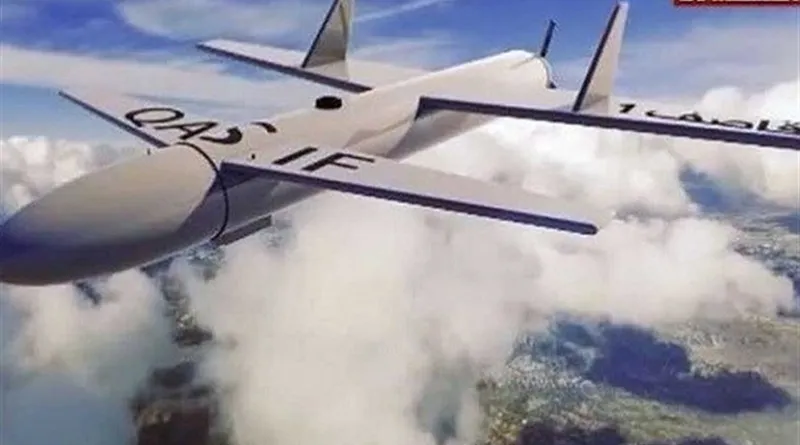
Twelve civilians were injured by a drone attack targeting Saudi Arabia’s Abha airport on Thursday, the Saudi Press Agency reported. The Coalition to Restore Legitimacy in Yemen said Saudi air defenses thwarted a cross-border attack
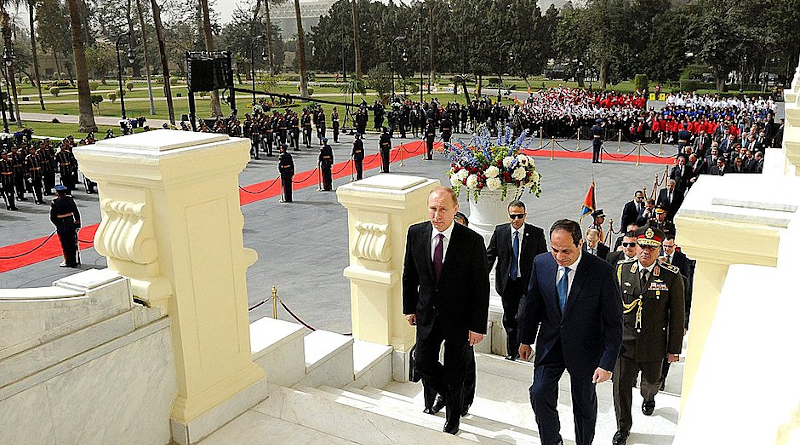
Given its geographical remoteness, the Maghreb did not constitute – unlike the Middle East – a pole of major strategic interest for the Soviet Union, and this until the period of decolonization in the 1950s.
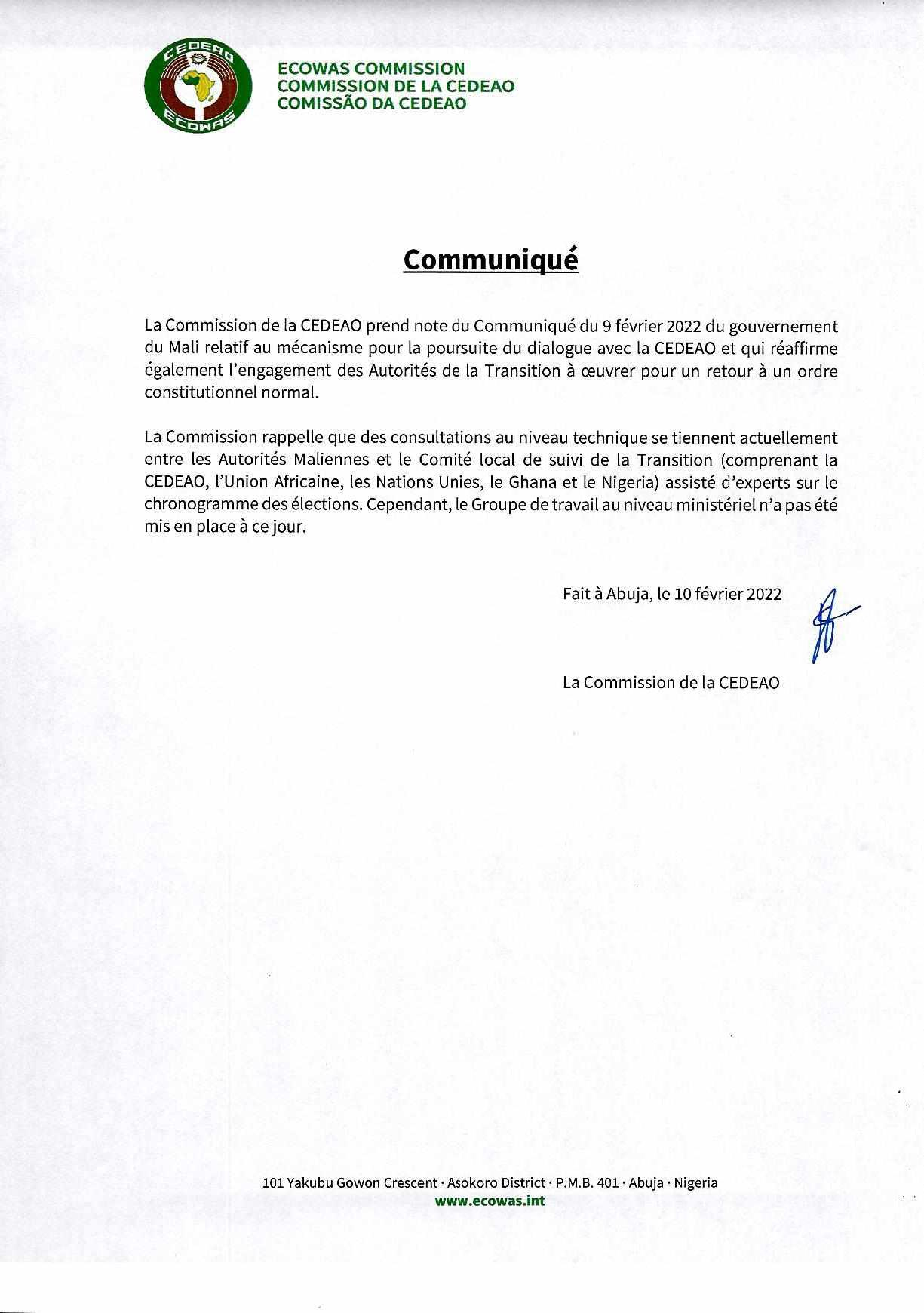
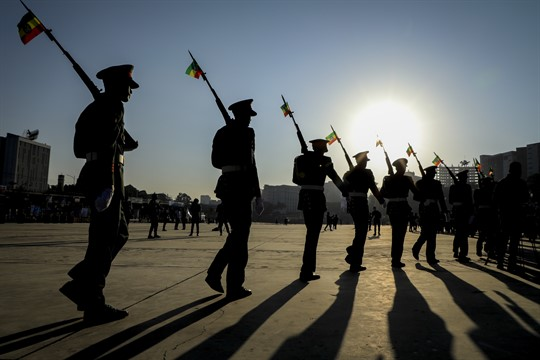
As rebel forces of the Tigray People’s Liberation Front and the Oromo Liberation Army close in on Ethiopia’s capital, Addis Ababa, domestic factions and international mediators are quickly revising their calculations regarding how the war
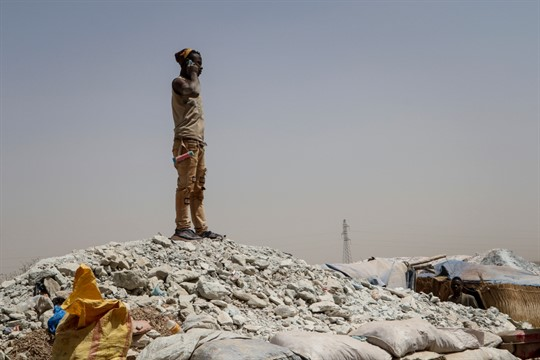
The residents of Solhan, a village in northeastern Burkina Faso, are painfully aware of the connection between artisanal mining and insecurity. Last June, insurgents invaded the village, targeting the civilian self-defense force in the area
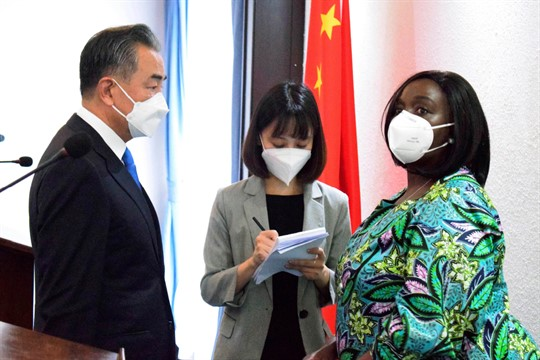
Last week, Chinese Foreign Minister Wang Yi completed a tour of Eritrea, Kenya and Comoros, continuing a tradition dating back three decades by which Chinese foreign ministers open the diplomatic year with a trip to
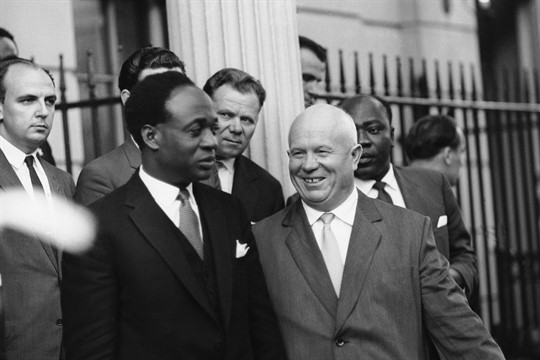
In 1956, then-Soviet Premier Nikita Khrushchev executed a sharp but largely forgotten reorientation in his country’s foreign policy. During the long decades under Josef Stalin, with the exception of its support for communist China, Moscow